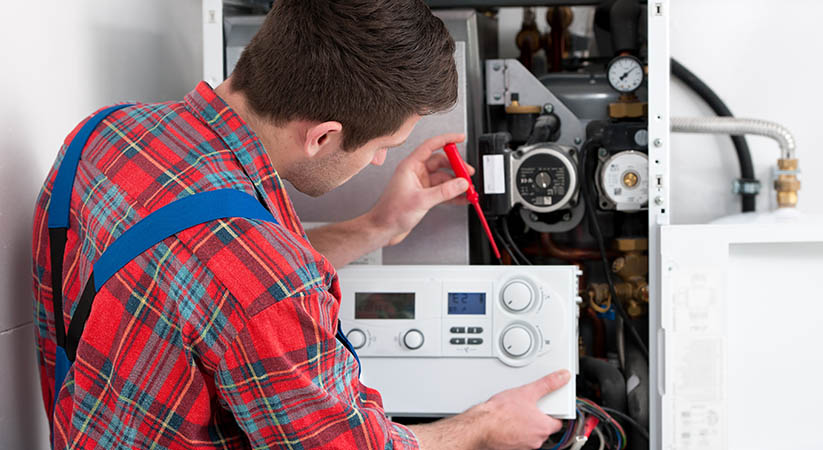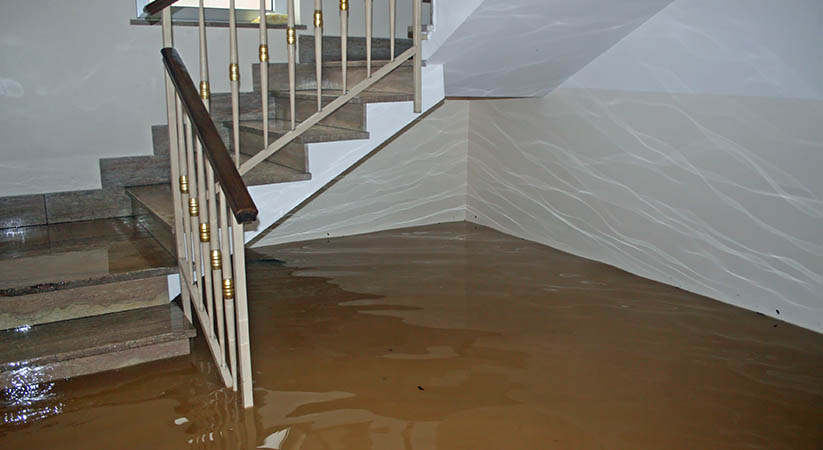Many homeowners become aware of water quality issues when they notice an unpleasant taste, or they see residue on glasses after washing. Sometimes, it’s a lingering odor that raises concern about contamination in the supply. For these reasons, a water filtration system is often the first step people consider when aiming to improve their home’s water. It is astonishing how a well-selected filtration setup can eliminate sediment, chlorine, and even certain types of bacteria from household water. Not only does cleaner water taste better, it also supports healthier skin and hair by removing harsh chemicals. By having filtered water at every faucet, you gain the freedom to drink straight from the tap without second-guessing its purity. This change can lead to reduced plastic bottle usage and lower grocery bills, too. The benefits are manifold, prompting many families to explore the array of systems available on the market.
Evaluating Different Filtration Methods
Before deciding on a specific strategy, you need to determine which contaminants are most likely present in your local supply. Municipal water may contain chlorine or fluoride, while well water can bring minerals or organic matter. A comprehensive water test is vital for pinpointing unwanted elements, guiding you toward an appropriate filter. Options include activated carbon filters, which remove chemicals, and reverse osmosis systems, which handle a broader range of impurities by forcing water through a semi-permeable membrane. It’s impressive how each method has strengths and weaknesses. For example, an activated carbon filter may excel at trapping chlorine but do little for dissolved minerals that cause hardness. Reverse osmosis is more thorough but can waste some water in the process. Whole-house filtration units typically install at the main water line, treating all usage points, while under-sink or pitcher filters target smaller volumes. Weighing these factors alongside your budget and usage patterns helps you find the best fit for your home.
The Role of Regular Maintenance
No matter which filtration approach you choose, ongoing care is crucial for consistent results. Filters must be replaced periodically, otherwise trapped contaminants can accumulate and degrade performance. It’s frustrating to realize your water has reverted to its original state because of a neglected filter change. Some systems include built-in indicators that signal when it’s time to replace cartridges or membranes. Others require more manual tracking of dates and water output. It can be reassuring to sign up for a subscription service that automatically delivers new filters at recommended intervals, ensuring you’re never caught off guard. Regular cleaning of components, such as storage tanks or faucet attachments, also maintains efficiency. By following guidelines, you guarantee that your water remains fresh and safe, and you prolong the life of your investment.
In the middle of your quest for pure H2O, a related concern arises: hardness caused by excess calcium and magnesium. This is where water softener installation Meadville comes into play, reducing the mineral content that can lead to scale buildup in pipes and appliances. It’s fascinating to watch how a softener exchanges hardness ions with sodium or potassium ions, leaving the water gentler on hair, skin, and household fixtures. Over time, these minerals can clog washing machines and diminish their efficiency. Showers can become more pleasant once you eliminate that filmy residue, and laundry often emerges brighter with softer fabrics. Installing a softener may involve placing a resin tank alongside a brine tank, where salt dissolves to recharge the system. This synergy between filtration and softening ensures you address both contamination and hardness, creating a holistic solution for water improvement. Although initial costs may be higher, the savings on appliance repairs and energy expenses often justify the investment.
Impact on Household Chores
Cleaner and softer water can significantly reduce the effort required for daily tasks. Soap lathers more effectively, so you can use less detergent when washing dishes or doing laundry. It’s surprising how mineral-free water can also prevent unsightly spots on glassware, which can save you time on polishing and re-washing. Bathrooms, notorious for soap scum and limescale buildup, remain cleaner for longer periods, minimizing scrubbing marathons. Homeowners frequently remark on the ease of rinsing shampoo from hair, because softened water helps cleansers wash away smoothly. While the improvements might seem small at first, they quickly add up to a substantial convenience in your day-to-day life. Even the aesthetic aspect of having shiny faucets free of water stains can boost the perceived value of a home. Every chore becomes more manageable, leaving you extra time for activities you truly enjoy.
Environmental Considerations
Although advanced filtration and softening systems enhance water quality, there are potential trade-offs worth noting. Reverse osmosis units, for example, may waste a portion of input water, which can be disheartening in areas with drought concerns. Softeners that use salt introduce sodium into the waste stream, raising questions about environmental impact if you live near sensitive ecosystems. It’s important to research local regulations and to consider alternatives like potassium chloride. Some newer softener models also recycle brine or use sensors to recharge only when needed, cutting back on salt and water use. By choosing efficient technology and maintaining it properly, you strike a balance between achieving optimal water quality and minimizing your environmental footprint. Speaking to experienced professionals or local environmental agencies can offer clarity on which approach best suits your specific location and needs.
Improving Health and Wellness
While filtered water can deliver noticeable improvements in taste and clarity, it also has health implications, especially if your source contains contaminants like lead or agricultural runoff. A robust filtration setup can spare you from unknowingly ingesting harmful substances. Even though many municipalities treat water before it reaches your taps, issues in aging pipes or service disruptions can compromise quality. Installing a system tailored to your region’s concerns provides peace of mind. For those who experience dry or irritated skin, softer water helps preserve the skin’s natural oils, reducing itching or flakiness. Similarly, hair feels smoother and requires fewer styling products. The synergy of clean and softened water fosters an environment where health, hygiene, and comfort coexist, ensuring your home becomes a haven of well-being.
Selecting Qualified Professionals
Installing these systems often goes beyond a simple do-it-yourself project. Hiring technicians who understand local water chemistry and building codes can be invaluable. They begin by testing your water and identifying the right blend of filters or softeners, then handle the plumbing work of connecting equipment to your main supply. It’s reassuring to know that a well-installed unit reduces the chance of leaks or performance issues. Professionals can also help you calibrate settings, such as the salt dosage for a softener, so you don’t overuse resources. Regular follow-up visits might involve checking for optimal operation, replacing filters, and adjusting any system parameters as needed. By maintaining open communication with experts, you stay updated on new methods or technologies that could further enhance your water quality experience.
Conclusion
Ultimately, transforming your home’s water involves a combination of filtration and conditioning that addresses contaminants and hardness alike. As the last step in your journey to better hydration and cleaner living, a water softener system Warren completes the picture. It feels liberating to turn on the tap for a cold drink, confident that no hidden chemicals or unpleasant mineral tastes will greet you. Clothes come out of the wash looking brighter, and your appliances function more efficiently, free from damaging scale. When friends and family visit, they notice the enhanced flavor and the positive effect on everything from showers to coffee brewing. This improvement stems from a deliberate approach to water quality—one that merges advanced filtration techniques with targeted softening for best results. By investing the time to research, install, and maintain a high-caliber system, you reap the daily rewards of fresh, pure water that fosters overall health, comfort, and peace of mind.



